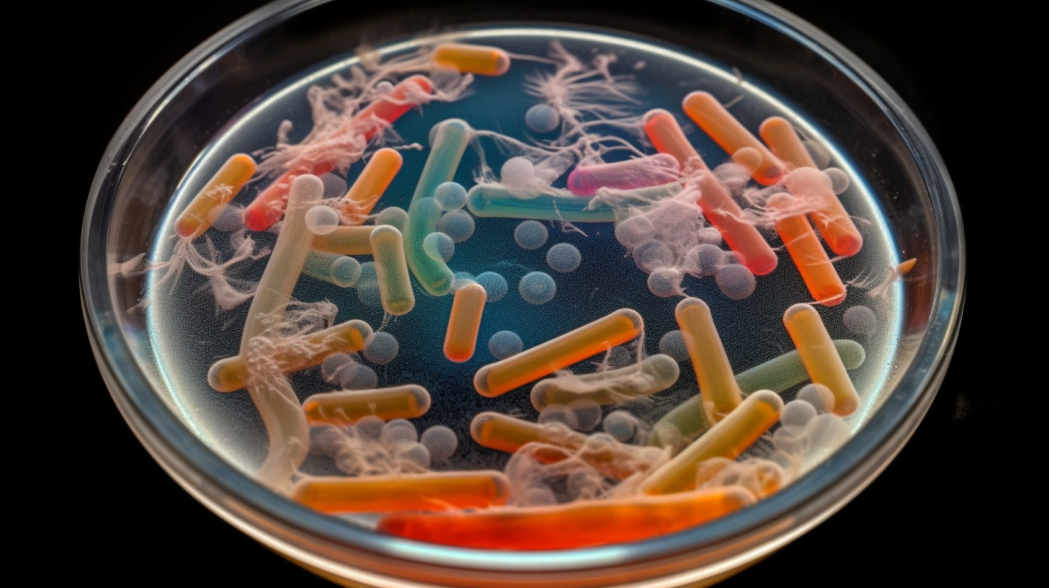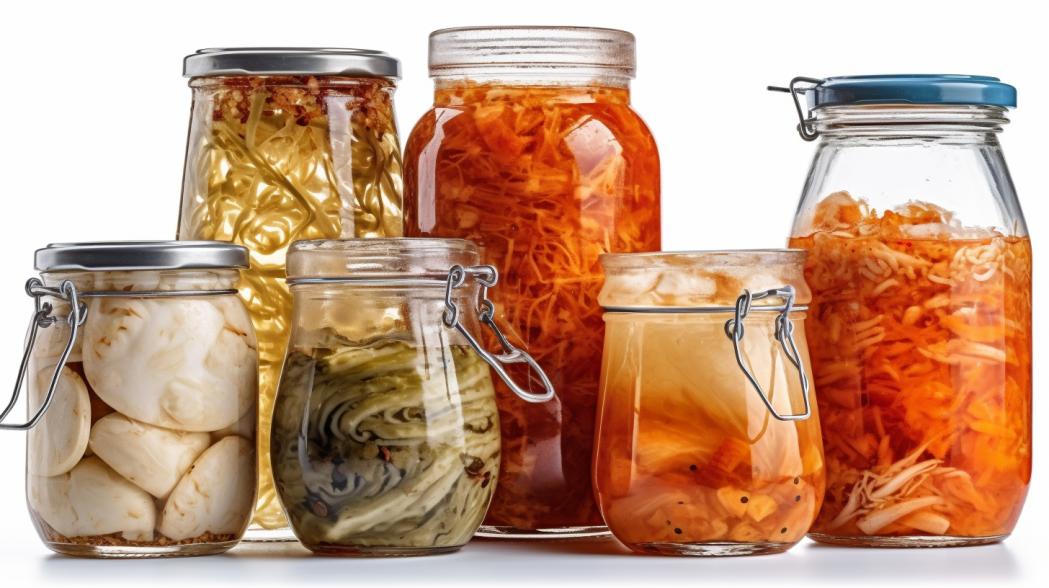Fermentation has long been recognized for its ability to enhance the flavor and nutritional value of foods while extending their shelf life. But did you know that fermentation can also help address the global food security challenge? This ancient food preservation method can help turn inedible food waste into alternative proteins, serving as a sustainable way to feed more people and strengthen food security.
Fermentation uses microorganisms such as bacteria and fungi to improve the digestibility of proteins and increase the bioavailability of nutrients. This process can serve as an alternative to many common food and ingredient manufacturing techniques, making it a versatile tool in the creation of alternative proteins. There are three categories of fermentation that can be used to derive alternative proteins—traditional fermentation, biomass fermentation, and precision fermentation.

Solid-state fermentation and submerged fermentation are the two techniques that can be used for fermentation. While the former has a lower operating cost and energy requirement, the latter has a shorter production cycle and allows for better monitoring of process parameters, making it more suitable for large-scale applications.
Fermentation can also help transform food waste into edible food. Researchers in Singapore have developed a sustainable method to convert agricultural waste into edible food using biomass fermentation. The system feeds agri-food waste rich in cellulose to microorganisms that produce single-cell proteins with high nutritional value, creating building blocks for alternative proteins.
Fermentation can also be used to manufacture specific ingredients that serve a specific purpose. Fungi-based precision fermentation is used to produce next-generation sustainable food dyes, while a protein-based innovation from Israel uses precision fermentation to manufacture proteins that can act as an effective, green antifungal and antimicrobial agent for perishable foods and beverages.
In conclusion, fermentation holds the key to building a more resilient, sustainable global food system. Innovations in fermentation are allowing us to turn food waste into valuable nutrition sources, create new ingredients and dyes, and produce alternative proteins. As the world population continues to grow, fermentation will play an increasingly critical role in feeding more people and reducing waste.


